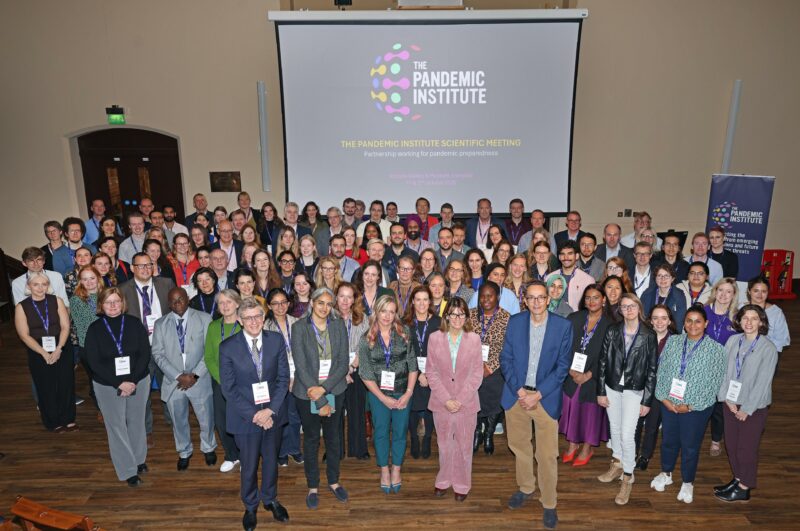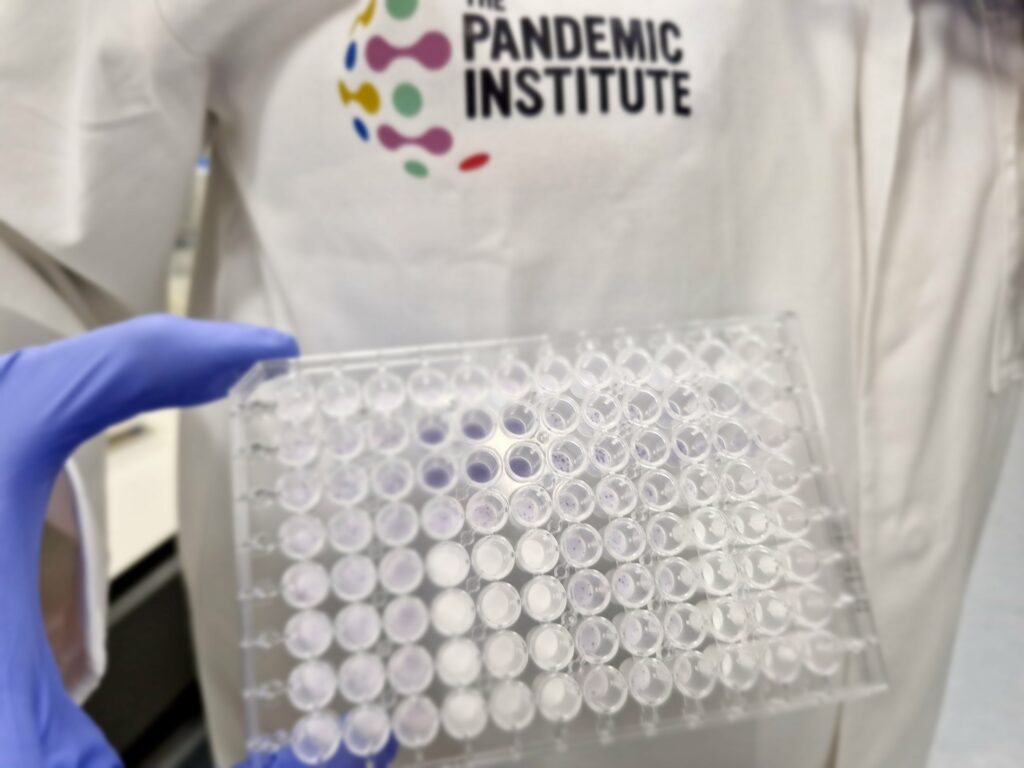Creative storytelling project to challenge Mpox stigma
November 21, 2025

2025 has been a year of real momentum for The Pandemic Institute (TPI), as we continued to strengthen preparedness for emerging infectious diseases through rapid research funding, global collaboration, community engagement and working closely with policymakers. Accelerating research into emerging threats Responding quickly to a changing global health landscape, TPI awarded more than £700,000 in…

With the early arrival of the flu season in the UK, vaccination remains the best protection we have against the virus. Yet uptake is still low. Research carried out by Liverpool John Moores University (LJMU), in collaboration with The Pandemic Institute and funded by CSL Seqirus, worked with ethnically minoritised communities in Liverpool to understand barriers…